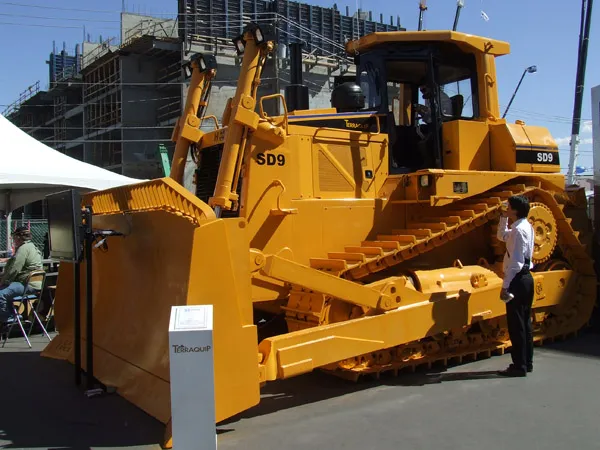Norwegian customs officials used their senses to detect a truck carrying 28tonnes of Chinese garlic. The officials worked with Swedish counterparts and were able to sniff out the contraband, which was being illegally imported to the EC through Norway. Garlic smuggling from China is becoming a serious threat within Europe and customs officials have halted some 1,200tonnes being routed through Norway since 2009. Norway's customs officials will remain vigilant and keep noses at the ready, knowing that China pr
February 22, 2012
Read time: 1 min

Norwegian customs officials used their senses to detect a truck carrying 28tonnes of Chinese garlic. The officials worked with Swedish counterparts and were able to sniff out the contraband, which was being illegally imported to the EC through Norway. Garlic smuggling from China is becoming a serious threat within Europe and customs officials have halted some 1,200tonnes being routed through Norway since 2009. Norway's customs officials will remain vigilant and keep noses at the ready, knowing that China produces 75% of the world's garlic crop, exceeding the country's own taste for consumption.









